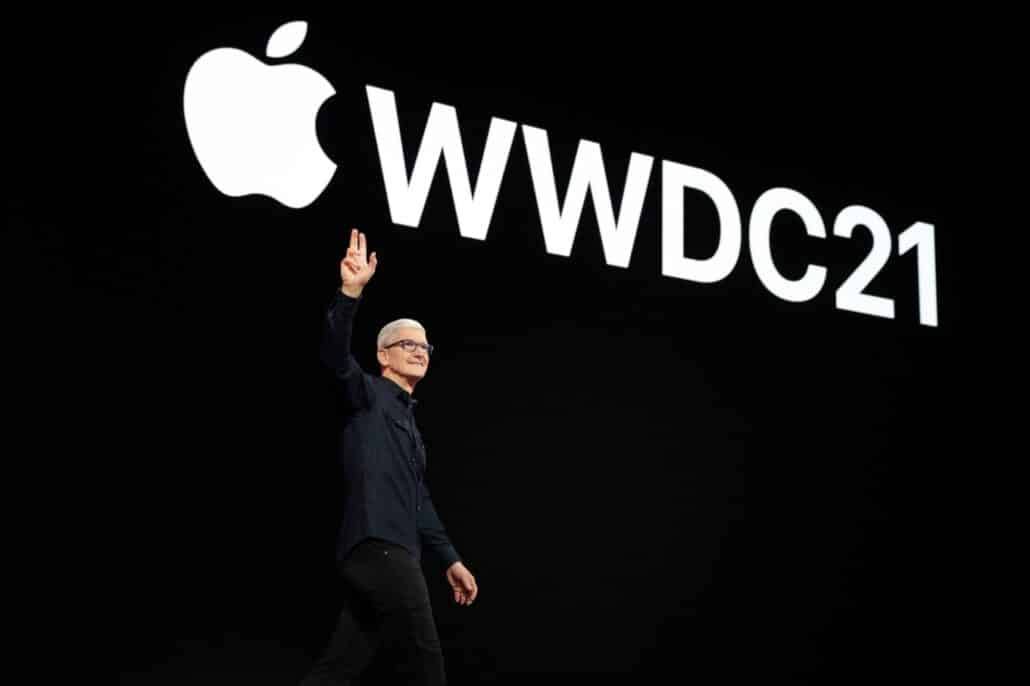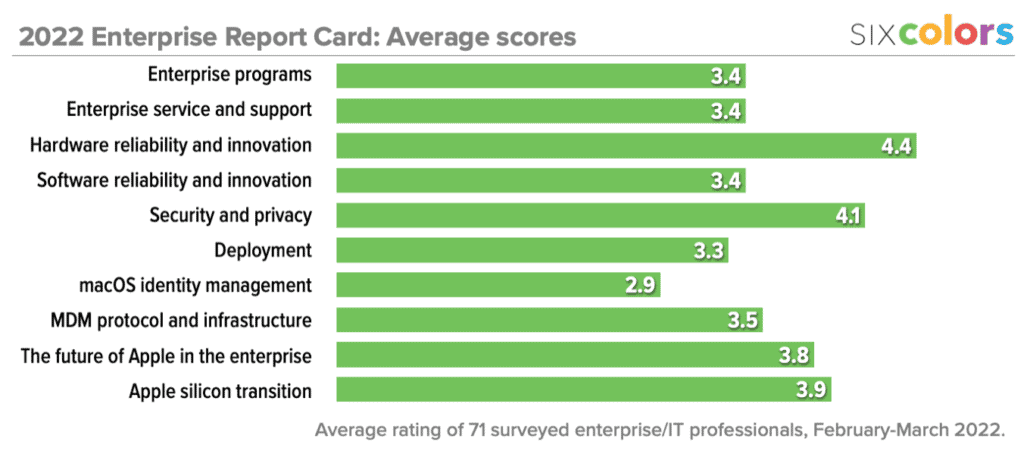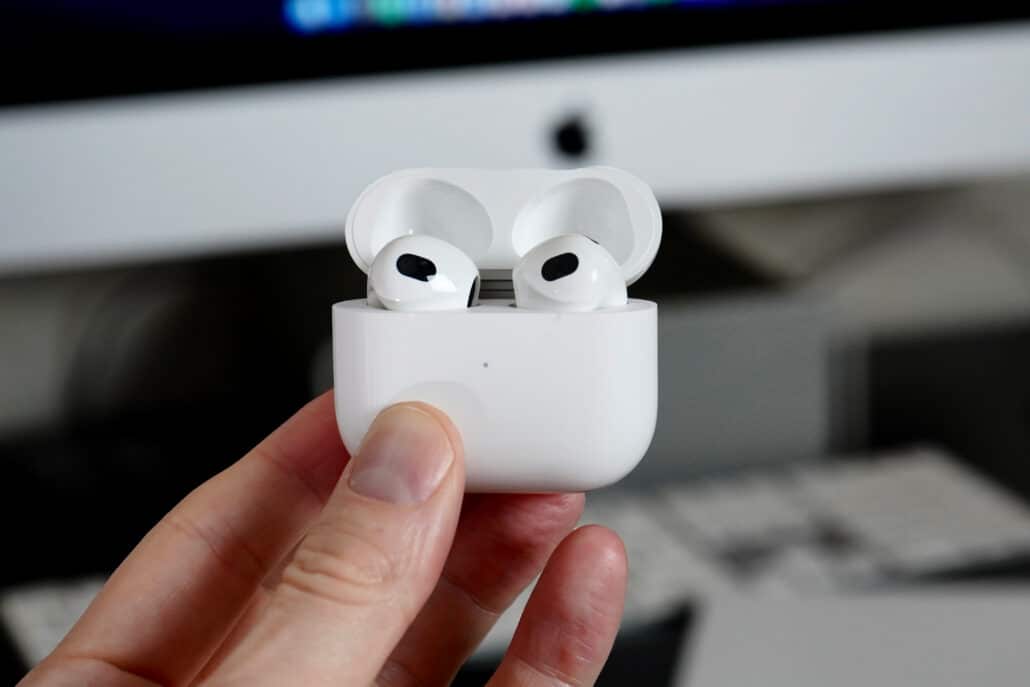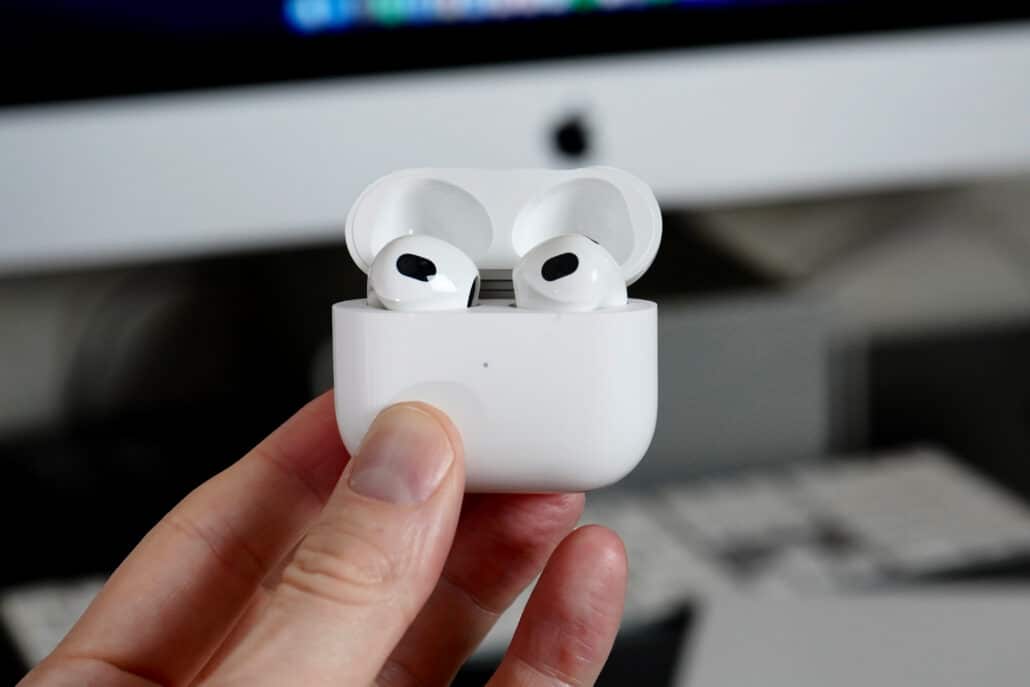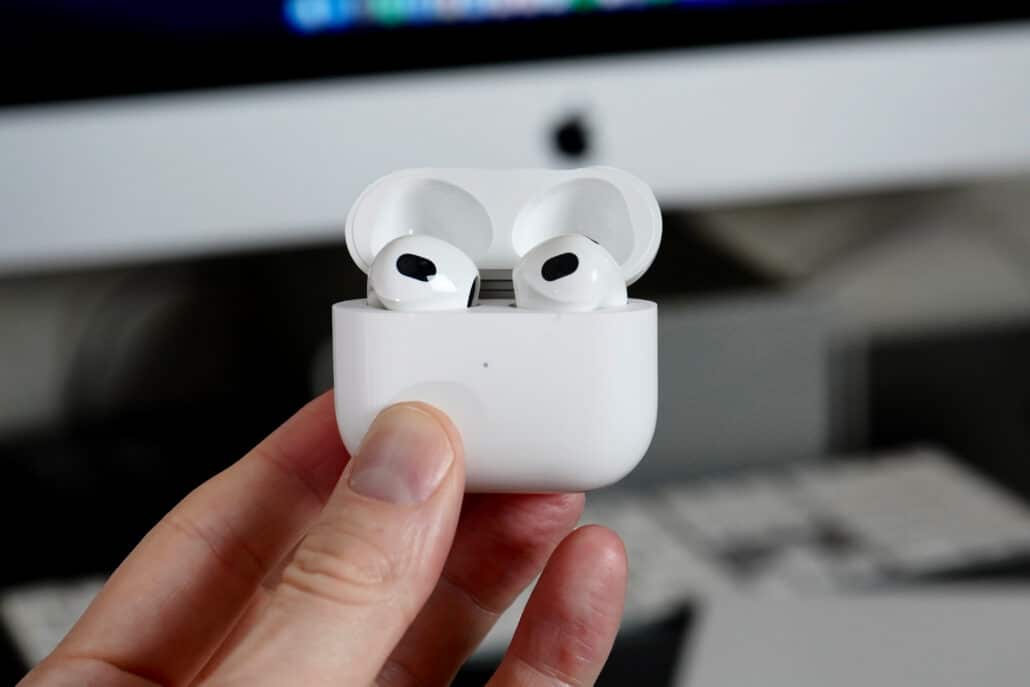
Apple Music adding Spatial Audio, Lossless at no extra cost in June
As expected, Apple has announced that it will be upgrading its Apple Music streaming service with better audio quality. The improvements comes in two forms: Spatial Audio with Support for Dolby Atmos, and Lossless audio using the Apple Lossless Audio Codec (ALAC).
What may not have been expected are the alacrity of these updates, which will arrive just a few weeks from now in June, and the cost to subscribers, which is nothing.
Apple’s plan is to add Lossless versions of all of the 75 million tracks in its library. Users will be able to choose what quality to listen in via a toggle in Settings, and will even be able to opt for different quality settings for streaming over Wi-Fi and cellular as well as downloading tracks. There are a variety of bitrates of lossless tracks available, including a Hi-Res Lossless format that’s 24 bit at 192 kHz. Both Lossless and Hi-Ress Lossless format requires opting in, given large file sizes, and you’ll need an external digital-to-analog converter (DAC) for Hi-Res. Apple also confirmed to T3 that AirPods Pro and AirPods Max (and presumably vanilla AirPods) don’t support Lossless audio, since they can only use the Bluetooth AAC codec.
The Spatial Audio support will be somewhat more sparse, since it requires the cooperation of artists to re-mix the tracks. At launch, Apple says “thousands” of songs will be available, with more on the way. Curated playlists of tracks that support Dolby Audio will help users find tracks to listen to.
One other caveat: For Spatial audio, you’ll need a HomePod, AirPods or Beats headphones with H1 or W1 chips, or the built-in speakers on certain Apple devices, including the iPhone 7 or later, the third-generation 12.9-inch iPad Pro or later, the sixth-generation 11-inch iPad Pro or later, the sixth-generation iPad or later, the third-generation iPad Air or later, the fifth-generation iPad mini or later, or the 2018 MacBook Pro or later. (The latter seems like a bit of an odd choice as those speakers aren’t generally known for their high quality.) The Apple TV 4K, connected to a compatible receiver or TV, is also supported.
It’s unclear how much this better audio will attract subscribers to Apple Music, but the lack of an additional price and the quick rollout does certainly give it an edge on some of its competitors. By comparison, Spotify officially announced its HiFi tier back in February, though pricing has yet to be decided—it’s not due to roll out until later this year. Amazon previously charged an additional $5/month for its HD music tier, but announced this very morning that it would now be including it for all Amazon Music Unlimited subscribers; however, it offers only 7 million songs in its highest-quality format and an unspecified number of tracks that support Dolby Atmos or Sony 360RA, which require specific hardware. And, of course, Tidal, which launched with high-resolution audio, charges $20/month for its best plan, and supports Dolby Atmos and Sony 360RA on compatible hardware.
It’s also worth noting that making this announcement a couple weeks ahead of WWDC seems like a good way to clear the decks for what is sure to be a packed event.
Updated at 10:17am ET with updates on competitors offerings, including Amazon’s latest announcement.
Updated at 2:22pm ET to clarify Lossless and Hi-Res Lossless compatibility.


